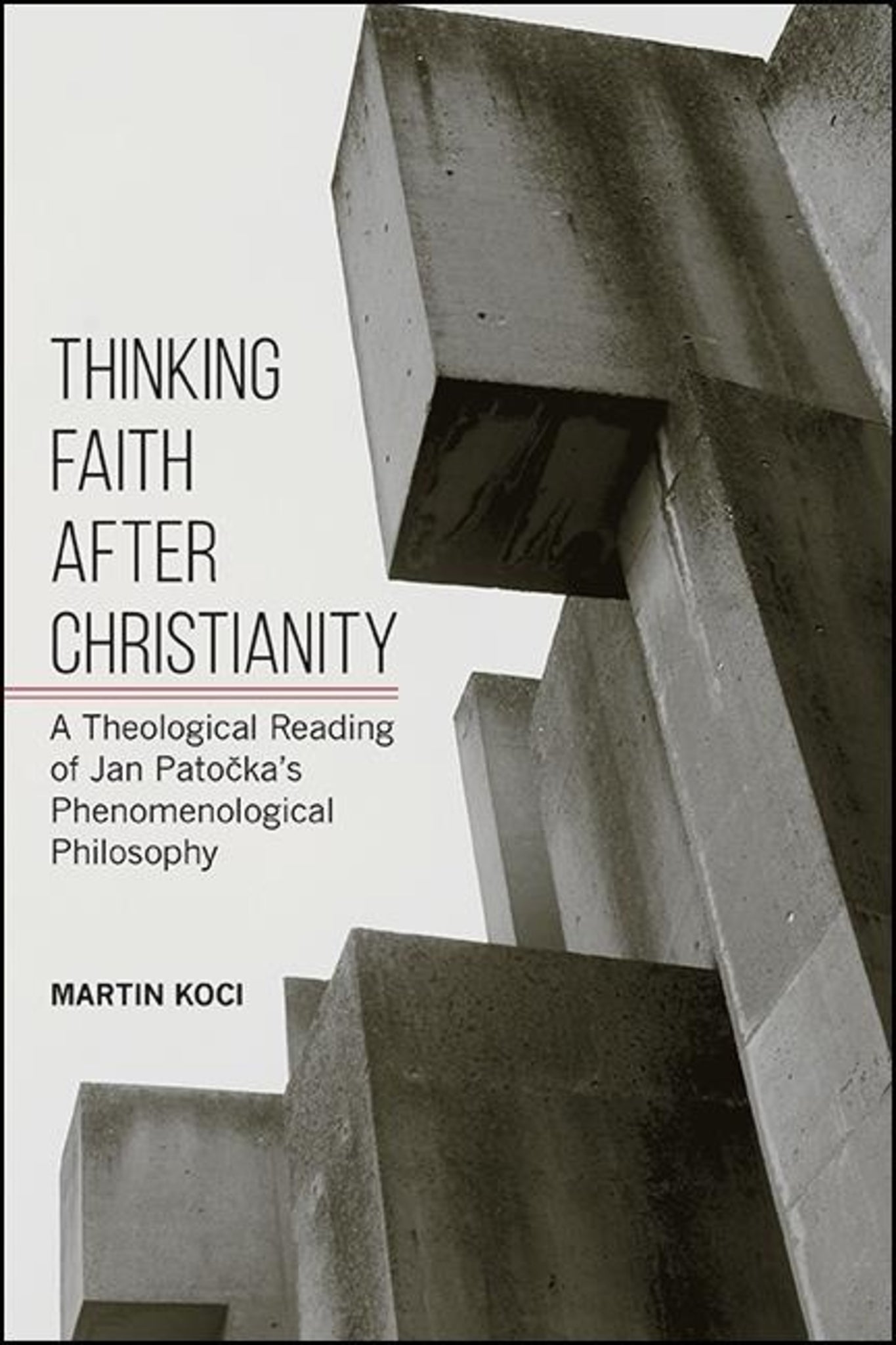We're sorry. An error has occurred
Please cancel or retry.
Thinking Faith after Christianity

Some error occured while loading the Quick View. Please close the Quick View and try reloading the page.
Couldn't load pickup availability
- Format:
-
02 January 2021

Examines theological motifs in the work of Jan Patočka, drawing out their implications for contemporary theology and philosophy of religion.
Winner of the 2020 Emerging Scholar's Theological Book Prize presented by the European Society for Catholic Theology
This book examines the work of Czech philosopher Jan Patočka from the largely neglected perspective of religion. Patočka is known primarily for his work in phenomenology and ancient Greek philosophy, and also as a civil rights activist and critic of modernity. In this book, Martin Koci shows Patočka also maintained a persistent and increasing interest in Christianity. Thinking Faith after Christianity examines the theological motifs in Patočka's work and brings his thought into discussion with recent developments in phenomenology, making a case for Patočka as a forerunner to what has become known as the theological turn in continental philosophy. Koci systematically examines his thoughts on the relationship between theology and philosophy, and his perennial struggle with the idea of crisis. For Patočka, modernity, metaphysics, and Christianity were all in different kinds of crises, and Koci demonstrates how his work responded to those crises creatively, providing new insights on theology understood as the task of thinking and living transcendence in a problematic world. It perceives the un-thought element of Christianity-what Patočka identified as its greatest resource and potential-not as a weakness, but as a credible way to ponder Christian faith and the Christian mode of existence after the proclaimed death of God and the end of metaphysics.


"…[Koci's] book succeeds in developing an inspiring (re)interpretation of Patočka's thought, which sheds a new light on his philosophy and the possibilities of its further development. It promises to give new impulse to both Patočka studies and current theological thought." — Studies in East European Thought
"By weaving together discussion of Patočka and of debates within Continental philosophy, particularly regarding the theological turn, the book makes important contributions to study of both Patočka and phenomenology of religion." — CHOICE
"This book gives a new perspective on the work of Patočka—very interesting for Patočka scholars—as well as an original attribution to the discussion on the theological turn in continental philosophy—of interest to any scholar working in the field of theology and philosophy. It also offers illuminating interpretations by relating Patočka's work to contemporary discussions on the return of the religious." — Eddo Evink, University of Groningen and Open University in the Netherlands
Acknowledgments
List of Abbreviations
Introduction
1. Philosophia ancilla theologiae? Jan Patočka and the Theological Turn
2. Sola ratione? On the Spiritual Crisis of Modernity
3. After Metaphysics? Patočka's Deconstruction of Metaphysics and the Postmodern Overcoming of Ontotheology
4. Faith and/as Metaphysical Thinking: A Theological Reading of Patočka's Negative Platonism
5. Deconstruction or Heresy: Reconsidering the Un-thought of Christianity
6. The Call to Responsibility: Derrida's Reading of Patočka's Christian Thinking
7. Sacrifice for Nothing: The Movement of Kenosis in Patočka's Thought
Conclusion: Thinking Transcendence, Living Transcendence
Notes
Bibliography
Index



